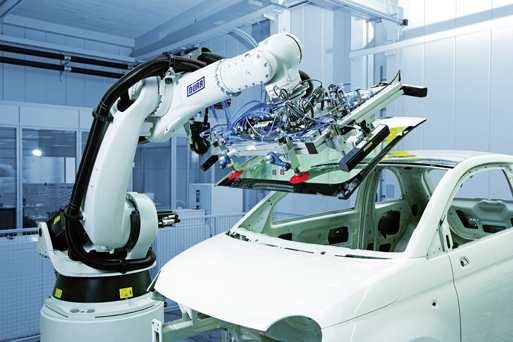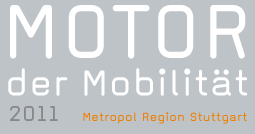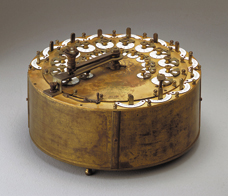Engineering
Man of God and engineer
Philipp Matthäus Hahn was born in 1739 in Scharnhausen as the son of a protestant
minister. He learned Latin already at the age of four, a year later Greek and Hebrew.
Like his father, he became a minister, but also devoted himself to chemistry,
physics, mathematics and astronomy. A self-taught technical genius, he invented
clocks, scales, astronomical and computing machines which even today rate as
ground-breaking engineering achievements.
Hahn is credited with inventing the the first fully functioning computing machine
capable of all four basic arithmetical methods in 1779. His astronomical instruments
precisely indicate seconds, minutes, day, month, year with leap years and
the exact positions of the planets. One of his clocks even reached the Chinese
imperial court as a diplomatic gift.
Duke Karl Eugen, who dubbed him “God’s watchmaker”, would have liked to have
him as a professor in Tuebingen. Hahn however declined the well-paid professorial
chair, preferring to remain a minister. He spent his final years from 1781 in a
well-endowed vicarage in Echterdingen, intensively pursuing his research until his
death in 1790.
Engineering, a key industry
Engineering in the Stuttgart region is
characterised by niche markets, special
machinery and customised equipment.
A wide range of high quality products
is developed
and manufactured in the
area.
Ground-breaking inventions like the drill,
office copier or disk laser originated in the
Stuttgart region. A strong metal processing
industry grew up around the automotive
pioneers. Nowadays, traditional
companies and young high tech start-ups
share the arena. Innovative thematic fields
include mechatronics, nanotechnology,
laser technology or surface technology.
More than 3,600 patent applications
every year continue to substantiate the
Stuttgart region’s reputation for inventiveness.
Stuttgart and its surrounding
area form one of Europe’s strongest
research communities, with what has
proved to be a winning combination of
basic and applied industrial research and
development institutes, resulting in a fast
turnaround of scientific findings into specific
products.
Aside from car making, the aerospace,
medical engineering or commodity sectors
all benefit from future-focused solutions
aimed at swift, precise and reliable
production.
The production engineering cluster in
the Stuttgart region, centred around
mechanical
engineering, was identified
by the European Cluster Observatory as
the most significant cluster in this sector
of technology in the whole of Europe. The
region’s Economic Development department
has set itself the goal of networking
this outstanding potential of players even
more intensively and of promoting the
implementation of innovations.

Window sealing in car assembly – a Duerr high-precision process







 download .pdf
(210 KB)
download .pdf
(210 KB)